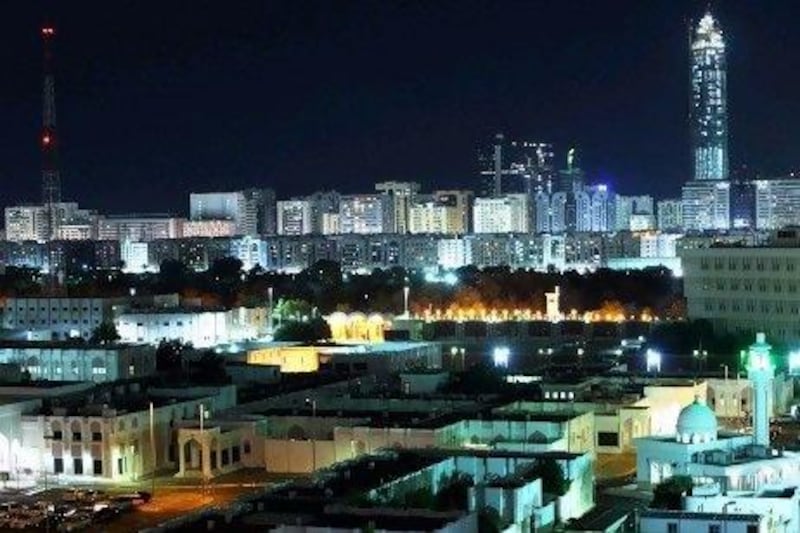Abu Dhabi is preparing to move towards greater energy efficiency and will consider a range of measures to reduce consumption that could include a reform of electricity tariffs.
What's the alternative?
Energy Join The National as it explores alternative to fossil fuels. Learn more
A working group involving government entities with a stake in the electricity sector is currently developing a range of policy options due to be submitted to the emirate's Executive Council, which advises Sheikh Khalifa, President of the UAE.
The group, which has been brought together by the Executive Affairs Authority, an advisory body to the Executive Council, includes experts from the Abu Dhabi Water and Electricity Authority (Adwea), Masdar, the Regulation & Supervision Bureau, and the Abu Dhabi Urban Planning Council. Its proposals will be submitted by the end of the year, if the original timeline is met.
"The Executive Council is now waiting to hear from a cross-sector group that is looking at very detailed strategy options so it can make a decision on what would be appropriate to try and implement," said Bruce Smith, a business adviser to Adwea.
The emirate is experiencing rampant growth in peak electricity demand, the amount of energy used during the day in the hot summer months. Peak demand grew by 12 per cent this year compared with the same period last year, and next year Abu Dhabi is expected to generate in excess of 10,000 megawatts for the first time.
High energy consumption comes at a cost. Apart from the strain on state finances arising from the provision of subsidised electricity, growing peak demand will necessitate added power generation capacity, requiring expensive new power plants. Environmentalists claim Abu Dhabi has the second-largest per capita carbon footprint in the world, with only neighbouring Qatar consuming more.
During the summer months, air conditioning accounts for up to half of electricity demand, and a strong focus will be on reducing the burden placed on power generation by cooling requirements.
"At the moment the focus is more on cooling, developing a cooling plan as a part of a broader energy efficiency programme," Mr Smith said.
There are several options to improve efficiency. Air-conditioning units require less electricity when better maintained; a pilot programme conducted by Adwea last year found that units were 27 per cent more productive if properly attended to.
Enforcing building regulation that mandates higher energy efficiency is another way to reduce consumption, and new government and commercial buildings now have to comply with Abu Dhabi's Estidama green building standards.
Educating consumers about the effect of wasteful usage, utility bills in Abu Dhabi will soon show the real cost of electricity next to the actual price charged.
Another way to change consumption patterns is to introduce variable tariffs that deter use during peak hours. "If the consumer was given that price signal, it's more likely to encourage the behaviour we are looking for," Mr Smith said.
The Dubai Electricity and Water Authority (Dewa) has already changed its payment structure, introducing block tariffs that charge a progressively higher rate the more electricity the customer uses.
To reduce use during peak times, dynamic tariffs might be more effective, Mr Smith said. Under such a structure, tariffs would increase during the time of day when electricity demand is strongest, persuading customers to use less during that period.
twitter: Follow and share our breaking business news. Follow us





